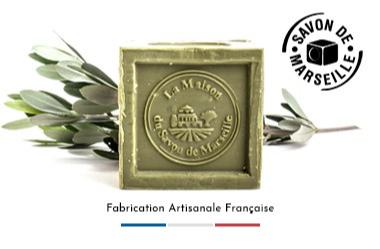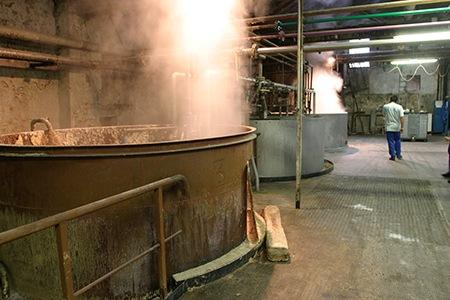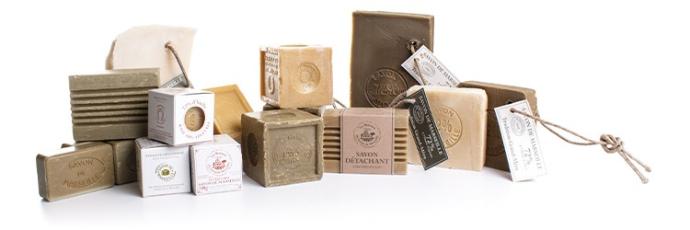
How to recognize real Marseille soap
The term “Savon de Marseille” does not benefit from a protected designation. It is difficult for consumers to distinguish the true from the false among the products sold in the market.
Some so-called “Marseille” soaps are made abroad and not in Provence. They also contain animal fat and chemical additives.
Anxious to keep the traditional 100% vegetable recipe of real Marseille Soap, La Maison du Savon de Marseille has joined forces with Savonnerie du Fer à Cheval to present its new range of authentic Marseille soaps made in Provence .
This authenticity is guaranteed by the "Savon de Marseille" label created by the Union of Marseille Soap Professionals , an association created in 2011 to defend, promote and publicize authentic Marseille soap .
The “Savon de Marseille” label is issued by the Union of Marseille Soap Professionals to companies located in a specific geographical area and respecting a manufacturing process defined in a charter. The companies are checked annually during an audit.
The criteria that prove its authenticity:
Its composition
- "The Original Recipe"
- - Vegetable oils exclusively
- - Without perfume
- - Without colouring
- - Without synthetic product

Its manufacture in 5 key steps
- Pasting: The soda lye and the fatty substance of vegetable origin are heated and brought to the boil in the cauldron.
-
The release:
This operation consists in adding a very dense salty lye in order to carry the excess soda to the
bottom of the cauldron. - Cooking: Transforms fatty substances into soap by adding concentrated soda lye.
- Washing: The soap paste is refined by washing.
-
Liquidation:
A final wash with clear water brings the soap to its natural state.
Supernate then the smooth and pure soap which makes its reputation.
These different operations take approximately between a week to ten days.
Its geographical origin
Our entire range of products is made in Marseille.

